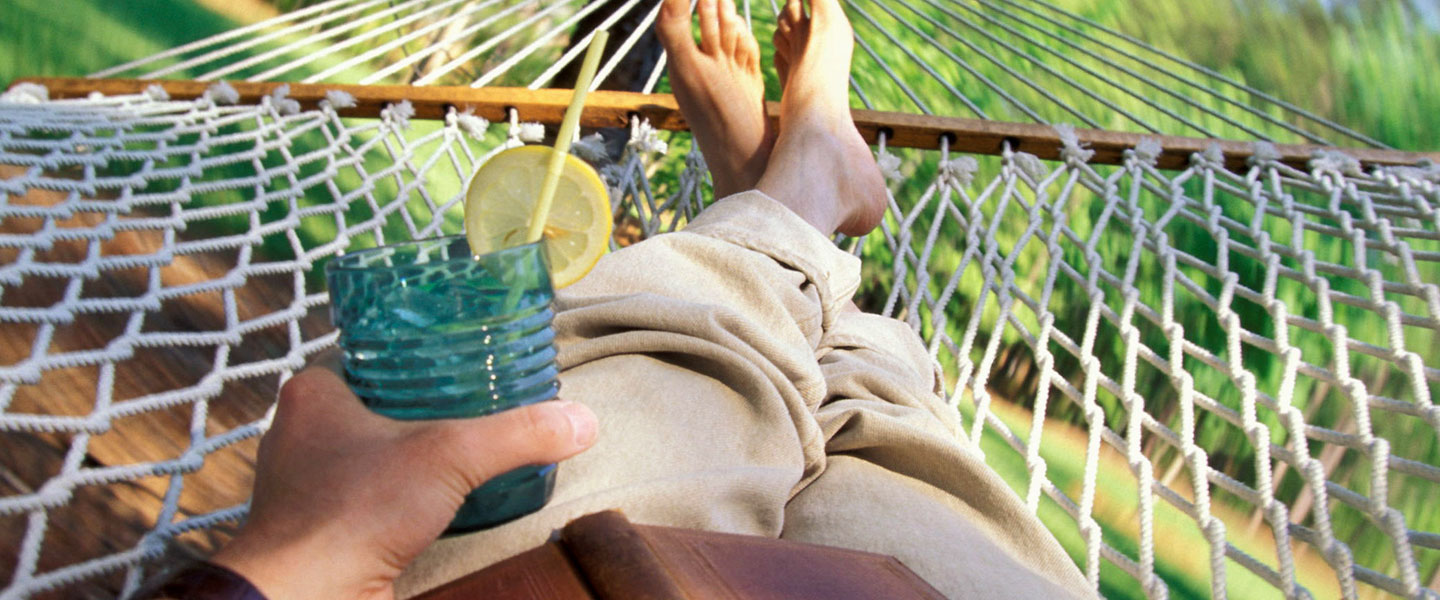Tax Implications of Using a Home as a Bed and Breakfast
Dear Client:
This letter is in response to your recent inquiry about the tax implications of using your residence as a bed and breakfast.
As a general rule, no deduction is allowed for expenses incurred in connection with a taxpayer’s home. In addition to exceptions for certain personal use deductions (i.e., the mortgage interest deduction, the real estate tax deduction, and the casualty loss deduction) and certain business use deductions, there is an exception for certain rental expenses incurred in connection with use of the taxpayer’s home.
For such expenses to be deductible, the taxpayer must rent his home for 15 or more days during the year. If the home is rented for less than 15 days during the year, the taxpayer will not be required to recognize rental income received during the year and will not be allowed to take any rental deductions for the year. If the home is rented for 15 or more days, the taxpayer must recognize all rental income received during the year and may deduct rental expenses subject to certain limitations.
Expenses related to common areas may not be deducted for a bed and breakfast. Common areas may include areas such as the kitchen, dining room, living room, and den. In addition, for expenses such as interest and taxes (other than mortgage interest and real estate taxes allowed as personal deductions), insurance, depreciation, and utilities, only a percentage of the expense may be deducted. The percentage may differ depending on the item being deducted. Allocations should be reasonable and thorough records should be kept. For items such as food, only expenses related to guests may be deducted. When feasible, records should segregate amounts paid related to guests and amounts paid that are related to family expenses.
Items such as television sets and telephones, if not for exclusive use of guests, are not deductible. However, business toll calls may be deducted.
Bed and breakfast owners may be able to take deductions for the cost, or a percentage of the cost, of items such as kitchen cookware, appliances, tableware, linens, furniture, carpeting, and garden equipment. However, for an item having an estimated useful life exceeding one year, the deductible amount should be capitalized and depreciated over the item’s useful life. The IRS has specific guidelines for the depreciable lives of many items.
The cost of the portion of the bed and breakfast residence exclusively used by guests may generally be depreciated over a 39-year period.
If the business began during the tax year, the bed and breakfast owner may deduct up to $5,000 of start-up expenses. The remainder of these expenses may be depreciated over a 180-month (15-year) period. Start-up expenditures are amounts paid or incurred:
- to create the business or to investigate its creation or acquisition;
- in connection with the bed and breakfast before the day on which business begins in anticipation of its becoming an active business; and
- which would be allowable as a deduction if they were paid or incurred by an existing active bed and breakfast business.
Finally, bed and breakfast owners should be prepared to show they are in business for a profit in order to prevent disallowance of expenses under the “hobby loss” rules. Once again, detailed and accurate recordkeeping is critical, as is generally operating the bed and breakfast in a businesslike manner.
If you plan to go ahead with this venture, please call our office at your earliest convenience so we can discuss the specific tax planning steps you should take for your new business.
Sincerely,
Jerry E. Bartram, CPA



